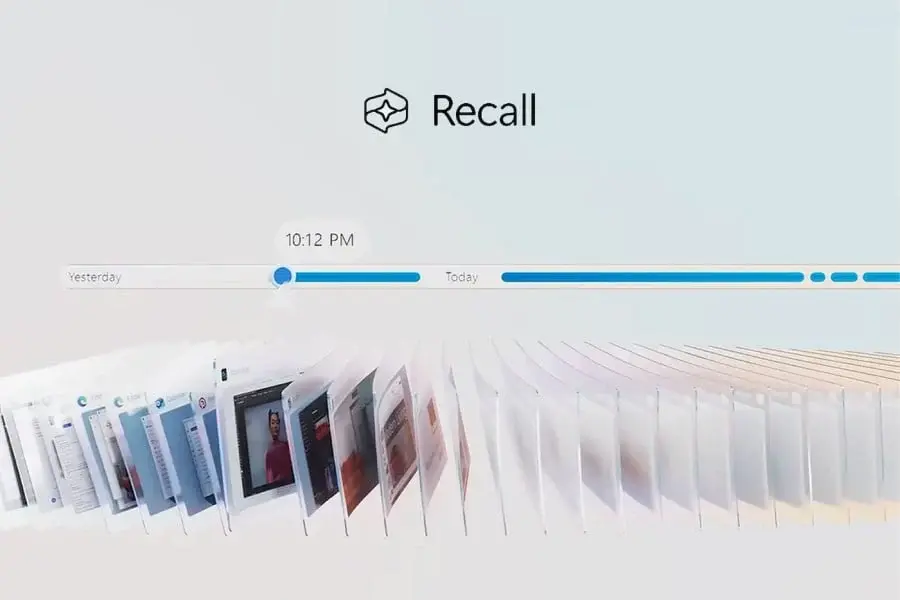Microsoft's contentious Recall feature, designed to monitor user activity on Windows 11 Copilot+ devices, is facing another delay. Initially slated for a June launch with these laptops, Recall encountered significant privacy-related objections due to its comprehensive tracking functions.
Changes and Delays
In reaction to the criticism, Microsoft opted to shift Recall from being a default feature to an opt-in one, incorporating additional security protocols. Despite this adjustment, it wasn't sufficient. On June 13th, the company revealed that Recall would not be part of the initial Copilot+ PC rollout. Instead, it would be introduced as a preview within the Windows Insider Program (WIP).
Today’s update further postpones public access to Recall. Initially anticipated to be available to WIP users “in the coming weeks,” the preview is now deferred until October. This delay implies that Microsoft is still tackling security concerns and fine-tuning the feature based on feedback from the Insider community.
Microsoft's Commitment to Security
Microsoft stated, “With a commitment to delivering a trustworthy and secure Recall (preview) experience, we’re sharing an update that Recall will be available to Windows Insiders starting in October.”
This tactic aligns with Microsoft’s previous approach of leveraging the Insider program to test potentially high-risk features. Data miners have reportedly discovered new hidden Recall functionalities in a Canary Channel build of Windows 11 as of June, signaling ongoing development. These early findings hint at further modifications—possibly with enhanced privacy and security measures—before Recall becomes accessible to WIP users.
Future Availability Uncertain
The official release of Recall to the general Copilot+ user demographic remains unpredictable. With the October preview for Insiders, it could take several more months before the feature is broadly accessible for Windows 11. This prolonged delay illustrates Microsoft’s prudent strategy, as the company seeks to resolve privacy issues and ensure a secure rollout prior to a wider launch.


Leave a Reply